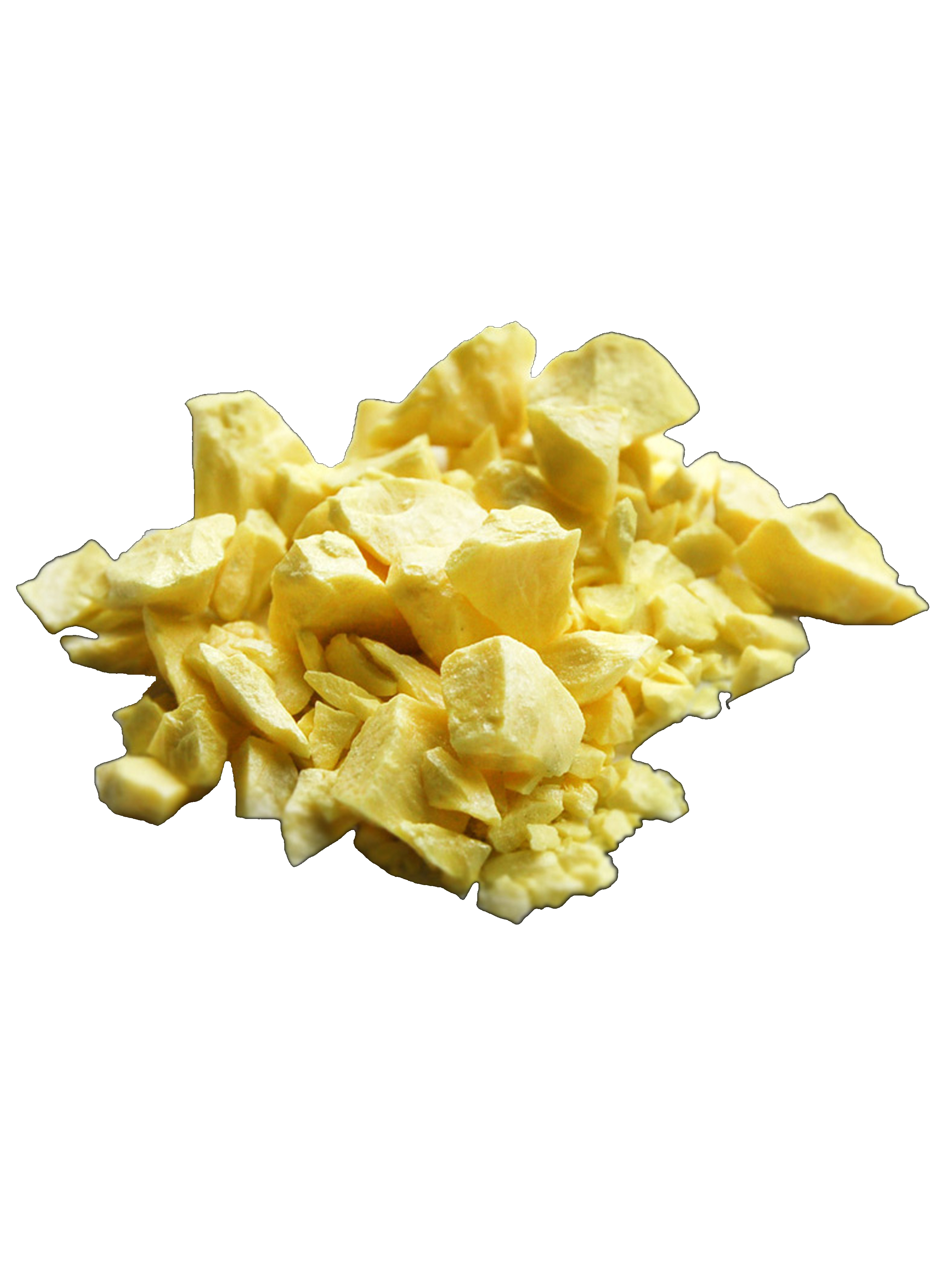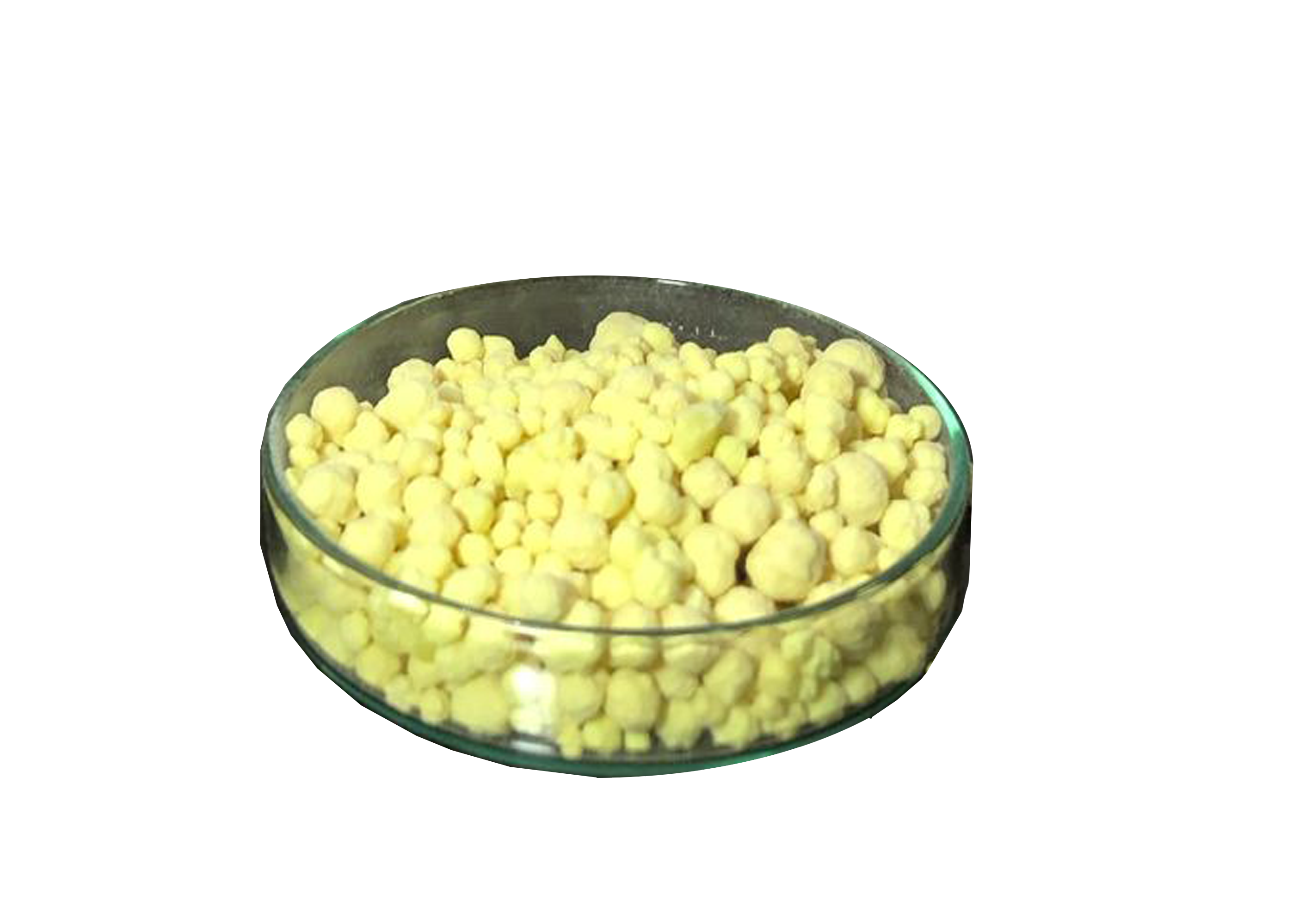
Sulphur

Sulphur
Granular Sulphur: The Key to Thriving Gardens and Crops
Gardening and agriculture are not just about planting seeds and waiting for them to grow. Healthy soil is the foundation of a thriving garden or crop. One essential element for achieving this is sulphur, a naturally occurring element that plays a crucial role in plant growth.
Using Granular Sulphur can significantly improve soil health, leading to more robust and resilient plants. It helps in maintaining the optimal pH level in the soil, which is vital for nutrient uptake by plants.
Key Takeaways
Granular Sulphur improves soil health.
It helps maintain optimal soil pH.
Enhances nutrient uptake by plants.
Promotes robust and resilient plant growth.
Essential for a thriving garden or crop.
What Is Granular Sulphur and Why Do Plants Need It?
To cultivate a lush and vibrant garden, it's essential to understand the benefits of using Granular Sulphur. Granular Sulphur, also known simply as Sulphur, is a yellow, brittle, nonmetallic element. When used in gardening, it's typically in a granular form, making it easy to apply to the soil.
The Composition of Granular Sulphur
Granular Sulphur is primarily composed of elemental Sulphur, which is 90-99% Sulphur. The remaining percentage may include impurities or additives that aid in its application or effectiveness.
Sulphur as an Essential Plant Nutrient
Sulphur is an essential nutrient for plants, playing a critical role in the synthesis of proteins, enzymes, and vitamins. It is also vital for the production of chlorophyll, which is necessary for photosynthesis. Some key reasons plants need Sulphur include:
Promoting healthy plant growth and development
Enhancing resistance to diseases
Improving the quality of crops
By understanding the role of Granular Sulphur, gardeners can make informed decisions about its use in their gardens, ultimately leading to healthier plants and more productive harvests.
The Science Behind How Granular Sulphur Works
Understanding how Granular Sulphur works involves delving into its chemical and biological interactions within the soil. When applied, Granular Sulphur undergoes several transformations that ultimately benefit plant health and soil quality.
Chemical Transformations in Soil
Granular Sulphur is primarily composed of elemental sulphur, which is not immediately available to plants. The sulphur must first be oxidized to form sulphate, a process that is facilitated by soil microorganisms.
Bacterial Conversion Process
The conversion of elemental sulphur to sulphate is driven by certain bacteria, such as Thiobacillus. These bacteria thrive in environments where sulphur is present, playing a crucial role in the sulphur cycle by making it available to plants.
pH Modification Mechanisms
As Granular Sulphur is converted to sulphuric acid during the oxidation process, it releases hydrogen ions, thereby lowering the soil pH. This acidification process makes the soil more suitable for plants that thrive in acidic conditions.
By understanding these mechanisms, gardeners and farmers can better utilize Granular Sulphur to improve soil health and promote plant growth.
Key Benefits of Granular Sulphur for Soil Health
The use of Granular Sulphur can significantly enhance soil health by addressing several key issues that plants face. By incorporating Granular Sulphur into your soil management routine, you can experience a range of benefits that improve your garden or crop's overall well-being.
Lowering Soil pH Effectively
One of the primary advantages of using Granular Sulphur is its ability to lower soil pH effectively. Many plants thrive in slightly acidic to neutral soil pH, and Granular Sulphur helps achieve this balance. This is particularly beneficial for plants that are sensitive to high pH levels, such as azaleas and rhododendrons.
Improving Soil Structure and Drainage
Granular Sulphur also plays a crucial role in improving soil structure and drainage. By reducing soil compaction and enhancing porosity, it allows for better water infiltration and aeration. This results in healthier root development and overall plant growth.
Enhancing Nutrient Availability
The application of Granular Sulphur can enhance nutrient availability in the soil. As the sulphur oxidizes, it makes nutrients more accessible to plants, promoting healthier growth. This is especially true for nutrients like phosphorus, which becomes more available in slightly acidic conditions.
Combating Certain Soil Pathogens
Furthermore, Granular Sulphur has been shown to combat certain soil pathogens. By creating an environment less conducive to these harmful organisms, it helps protect plants from diseases. This natural method of disease control is a valuable tool for gardeners and farmers looking to reduce their reliance on chemical fungicides.
In summary, Granular Sulphur offers a multitude of benefits for soil health, from pH modification to improved nutrient availability and pathogen control. By understanding and leveraging these advantages, you can create a more thriving and sustainable gardening or farming practice.
Identifying Plants That Thrive with Granular Sulphur
Granular Sulphur is a crucial amendment for various plants that require acidic conditions to flourish. By lowering the soil pH, it creates an ideal environment for plants that struggle in alkaline conditions.
Acid-Loving Ornamentals
Plants like Azaleas, Rhododendrons, and Camellias are well-known for their preference for acidic soils. Granular Sulphur can help maintain the optimal pH for these ornamentals, promoting healthy growth and vibrant blooms.
Berries and Fruit Trees
Many berry bushes and fruit trees benefit from the application of Granular Sulphur. Blueberries, for instance, require acidic conditions to produce well, making Granular Sulphur an essential amendment for their cultivation.
Vegetables That Benefit from Lower pH
Certain vegetables, such as potatoes and sweet potatoes, thrive in slightly acidic soils. The use of Granular Sulphur can help create a more favorable environment for these crops.
Lawn Grasses and Sulphur Requirements
Lawn grasses have varying requirements for sulphur. Some grass types benefit from the application of Granular Sulphur, especially in areas where sulphur deficiency is common.
By understanding the specific needs of different plants, gardeners can effectively use Granular Sulphur to enhance their garden's health and productivity.
How to Apply Granular Sulphur Correctly
Applying Granular Sulphur correctly is crucial for achieving the desired soil pH and promoting healthy plant growth. Before you start, it's essential to understand the current state of your soil and how Granular Sulphur can benefit it.
Soil Testing Before Application
The first step in applying Granular Sulphur effectively is to conduct a soil test. This test will help determine your soil's current pH level and nutrient content. By understanding your soil's condition, you can decide if Granular Sulphur is the right amendment and how much you'll need.
Calculating the Proper Amount
Once you have your soil test results, you can calculate the correct amount of Granular Sulphur to apply. The amount needed will depend on your soil type, its current pH, and the desired pH level. It's crucial to follow the recommended application rates to avoid over-acidifying your soil.
